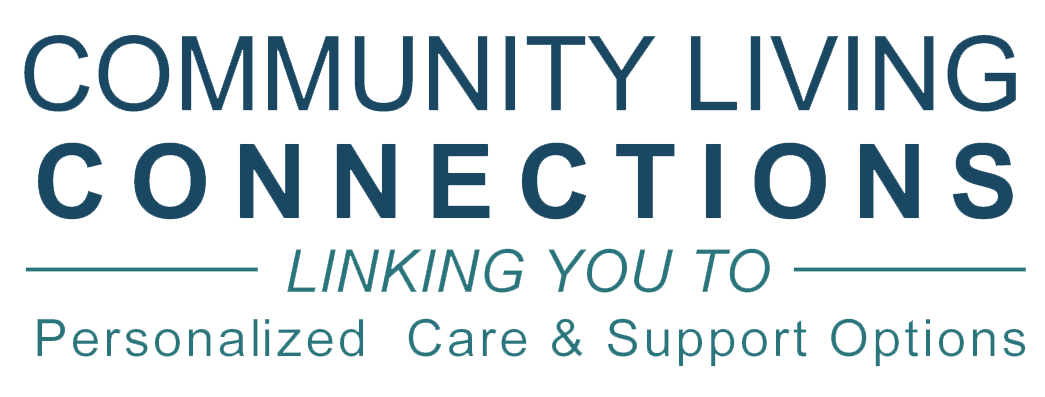Develop necessary documents
Financial power of attorney
You can complete a power of attorney form to give someone else legal authority over your finances. This authority can be limited or broad. You can note on the form if you are giving it now or in the future. An attorney, stationary store or private online company can supply this form. Be careful: A power of attorney can easily be abused if you do not choose the right person or clearly state your wishes.
Representative payee
You can have a representative payee appointed who can manage your federal benefits from Social Security, Railroad Retirement or the Veterans Administration now or in the future. A representative payee who is put in place now can serve in case you lose the ability to meet your own physical or mental health needs. You or someone close to you must apply directly to the federal agency paying the benefits to officially appoint a representative payee. Note that if you have a power of attorney, that person will not be able to manage these benefits unless the federal agency also approves him or her as the representative payee.
Trust
A trust gives someone else the rights to your property. This document is similar to a will, but it can be used while you are alive. A trust can sometimes be set up instead of a power of attorney. A trust can also help avoid a court appointing a conservator if you later are not able to manage your own finances. Trusts have many other purposes and come in many forms. Consult an attorney if possible when considering a trust.
Advance directive for health care decisions
The term 'advance directive' refers to your oral and written instructions about your future medical care in the event you are unable to express your medical wishes.
- Visit the Washington State Medical Association website for more information and Washington State’s Advanced Directive information and forms.
- Questions and Answers on Living Wills , a publication from Columbia Legal Services that provides general information on living wills and powers of attorney for health care decisions.
- Learn more about Living Wills and Durable Powers of Attorney for Health Care and see sample forms form Caring Connections, a program of the National Hospice and Palliative Care Organization (NHPCO), a national consumer and community engagement initiative to improve care at the end of life.
Physician Orders for Life-Sustaining Treatment (POLST)
Patients at the end of life or who have a terminal condition but understand their condition can discuss their wishes for end-of-life care with a physician. This can result in a standing medical order called a Physician Orders for Life-Sustaining Treatment (POLST). These orders direct other medical professionals to either provide or deny life-sustaining treatments based on patients’ wishes. The form can be obtained from your physician.
- Find more information on Washington’s POLST here.
Guardianships
A person may be or become incapacitated and not have the ability to make health care decisions. This can be the result of an accident, illness, or disability. If a person is incapacitated, a family member (or a friend, care facility, or case manager) may petition the court to appoint a legal guardian for him or her.
Guardians are charged to act on the person’s behalf and make decisions that reflect the values and needs of the person.
A guardian may also be appointed to oversee other things besides health care decisions including managing the person’s property, income, or finances.
Resources- Questions and Answers on Guardianship, by Columbia Legal Services provides a legal perspective on Guardianships
- The Certified Professional Guardian Program, of the Washington Courts, provides information on the credentialing program in Washington State, lay training for non-professional guardians, and links to Certified Professional Guardians or agencies.
- The ARC, Washington State, which works for people with intellectual and developmental disabilities, has published Frequently asked Questions about Guardianship
Connect with Your Local CLC.
Washington’s Community Living Connections staff are available to help you explore your options to meet your current needs or create a plan for the future.Connect now
To Learn More Go to:
Frequently Asked Questions about Guardianships in Washington State(DSHS Aging & Long-Term Support Administration - search topic: Guardianship Basics)




